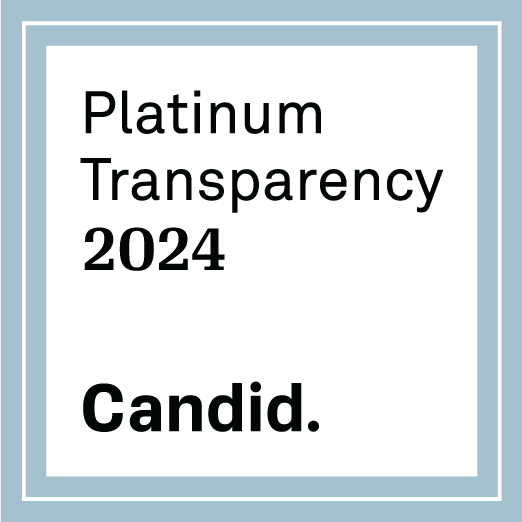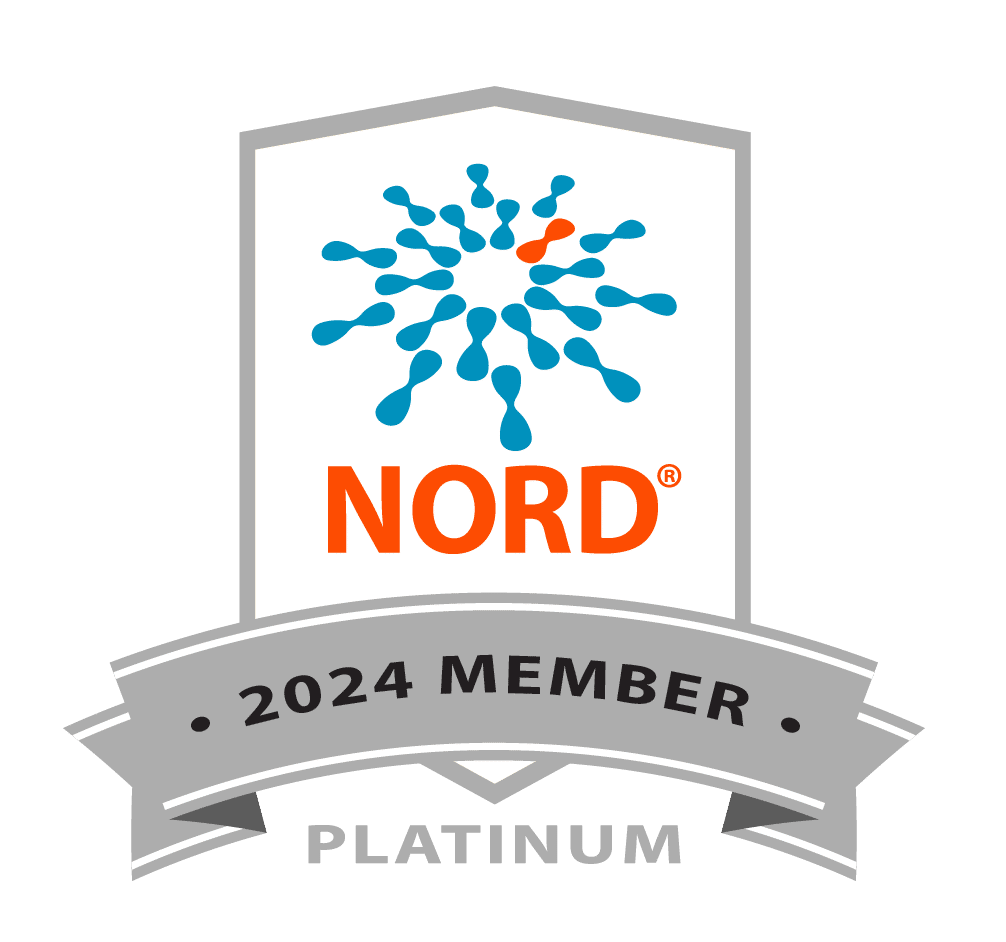The Alpha-1 Foundation signed on with nearly 400 organizations and institutions that signed on to the Ad Hoc Group’s FY 2023 funding recommendation for the National Institutes of Health (NIH)!
The 369 undersigned members of the Ad Hoc Group for Medical Research, which includes organizations representing patients, scientists, health professionals, research and academic institutions, educators, and industry, are grateful to Congress for making meaningful annual funding growth for the National Institutes of Health (NIH) a key, bipartisan national priority. NIH- funded biomedical, behavioral, social, and population-based research improves our understanding of fundamental life and health sciences, equips the nation to combat both known and unprecedented health threats, and converts the hope of improved health into a reality for patients and their families. The federal investment in this lifesaving work in labs across the country also has a multiplier effect in local and regional economies, catalyzes new industries, enhances the U.S.’s global competitiveness, establishes viable career paths for aspiring scientists of diverse backgrounds, and generates other high-quality jobs in communities nationwide.
To promote the sustained, robust growth necessary to make consequential progress against pressing health challenges, in fiscal year (FY) 2023, the Ad Hoc Group recommends a program level of at least $49.048 billion for the NIH base budget, which would represent an increase of $4.1 billion over the comparable FY 2022 funding level (an increase of
$3.5 billion or 7.9% in the NIH appropriation plus funding from the 21st Century Cures Act for specific initiatives). Importantly, the Ad Hoc Group strongly urges lawmakers to ensure that any funding for the new Advanced Research Projects Agency for Health (ARPA-H) supplement our $49 billion recommendation for NIH’s base budget, rather than supplant the essential foundational investment in the NIH. In addition, the coalition supports the president’s proposal to supplement NIH’s budget with additional mandatory funding to speed the pace of pandemic response and readiness.
Several members of Congress and the president have recommended restoring federal research and development (R&D) investments to 2% of U.S. gross domestic product. Over the years, distinguished leaders and experts in medical research have similarly recommended sustained real growth through increases that exceed inflation by 4-6%. The Science & Technology Action Committee also recently estimated that the U.S. should double its R&D investment by 2026 in order to remain a global competitor in science, technology, engineering, and math.9 As the world’s premier public funder of medical research, the NIH is a critical contributor to that international leadership, and robust annual growth in support for NIH will be key to achieving these objectives.
The countermeasures developed to respond to the global COVID-19 pandemic over the last two years are only the latest example of the value of the nation’s longstanding commitment to the NIH. Decades of medical research supported by the NIH are the underpinning of virtually every preventive intervention, diagnostic, and treatment available today, and building on this foundation with the scientific studies of tomorrow will be key to ending cancer — and every other disease — as we know it. To fully harness novel research tools and partnerships against existing and looming threats, we must continue the forward momentum of meaningful investments in the NIH. Federal funding for research should be as aspirational as the improvements in patient health that we seek.
We urge lawmakers to continue to support discovery, to ensure a funding allocation for the Labor-HHS Subcommittee that allows for the necessary investment in NIH and other agencies that promote the health of our nation, and to work expeditiously to complete FY 2023 appropriations in a timely manner. Our nation’s health depends on it.











